 |
From the brilliant beginnings in the 90s with the emergence of professional leagues, to President Xi Jinping's dream of China one day becoming a football powerhouse, all now shattered in disappointment. A journey from the heights of hope to the depths of despair and the profound reasons behind this total failure.
The fateful defeat
On September 5, 2024, in Saitama, the Chinese team suffered the most painful defeat in the history of participating in the 2026 World Cup qualifiers. The match between China and Japan ended with a score of 7-0, a result that made all Chinese fans ashamed.
With only one minute left in the game, and China trailing 6-0, their defenders must have been hoping for the final whistle to blow, but Takefusa Kubo, the player dubbed the “Japanese Messi,” had other ideas. He received the ball outside the box and unleashed a powerful shot into the roof of the net, making it 7-0, a blow to the hearts of Chinese football fans. This was the heaviest defeat China had suffered in World Cup qualifying history, an unforgettable shame.
But this defeat was not the only thing that put Chinese football in a deadlock. Before that, China had suffered a series of disastrous defeats throughout the year, from losses to Oman, Uzbekistan to Hong Kong. This defeat was soon followed by a major investigation into corruption and match-fixing in Chinese football, with a series of players, coaches and officials facing serious charges.
When President Xi Jinping took power in 2012, Chinese football was off to a promising start. Xi, a football enthusiast, set three major goals: China must participate in the World Cup, host the tournament, and ultimately win the World Cup. These were the “three wishes” he hoped would come true in the near future.
With a strong economy and the world's largest population, many believed that China could become a football powerhouse. But more than a decade later, that dream seems increasingly distant.
In 2023, fans were spreading the story of China “luckily” beating Thailand in a recent match, an admission that China’s football dream no longer had the sparkle it once had.
The Chinese football system - an upside down pyramid
So what is the reason why Chinese football has failed so miserably? The answer can be found in the way football is run in this country.
 |
There is little joy for the Chinese football team. |
China has no shortage of money or resources to develop football, but it lacks a sustainable football system. While the world's leading football nations develop football from the ground up, with grassroots, semi-professional, and amateur clubs, Chinese football has built a completely different model - an upside-down pyramid.
China builds big clubs in its cities, but neglects to develop grassroots football. The number of footballers in China cannot even compare to other countries. While England has 1.3 million registered players, China has less than 100,000.
The Chinese football system, therefore, cannot develop strongly because it lacks a solid foundation. Players are not trained from a young age, and lack the natural playing environment that is found in other countries. This leads to Chinese players not being able to develop necessary football skills such as “football awareness” and creativity in important situations.
While China’s men’s football has failed, women’s football remains a source of pride for the country. The Chinese women’s team has always been regarded by fans as the real national team. They regularly qualify for major tournaments and are always especially loved by the people. Even in the 6-1 loss to England at the 2023 World Cup, 53 million people still watched the match. However, when it comes to men’s football, the situation is completely different.
In the early years of the 21st century, the Chinese Super League attracted the attention of the international football community thanks to its large audience and famous foreign stars. However, the rise of this tournament was only temporary. After the Covid-19 pandemic and the prolonged economic recession, more than 40 professional football clubs were forced to close. State-owned enterprises cut their investment capital, and private enterprises were no longer interested in pouring money into football.
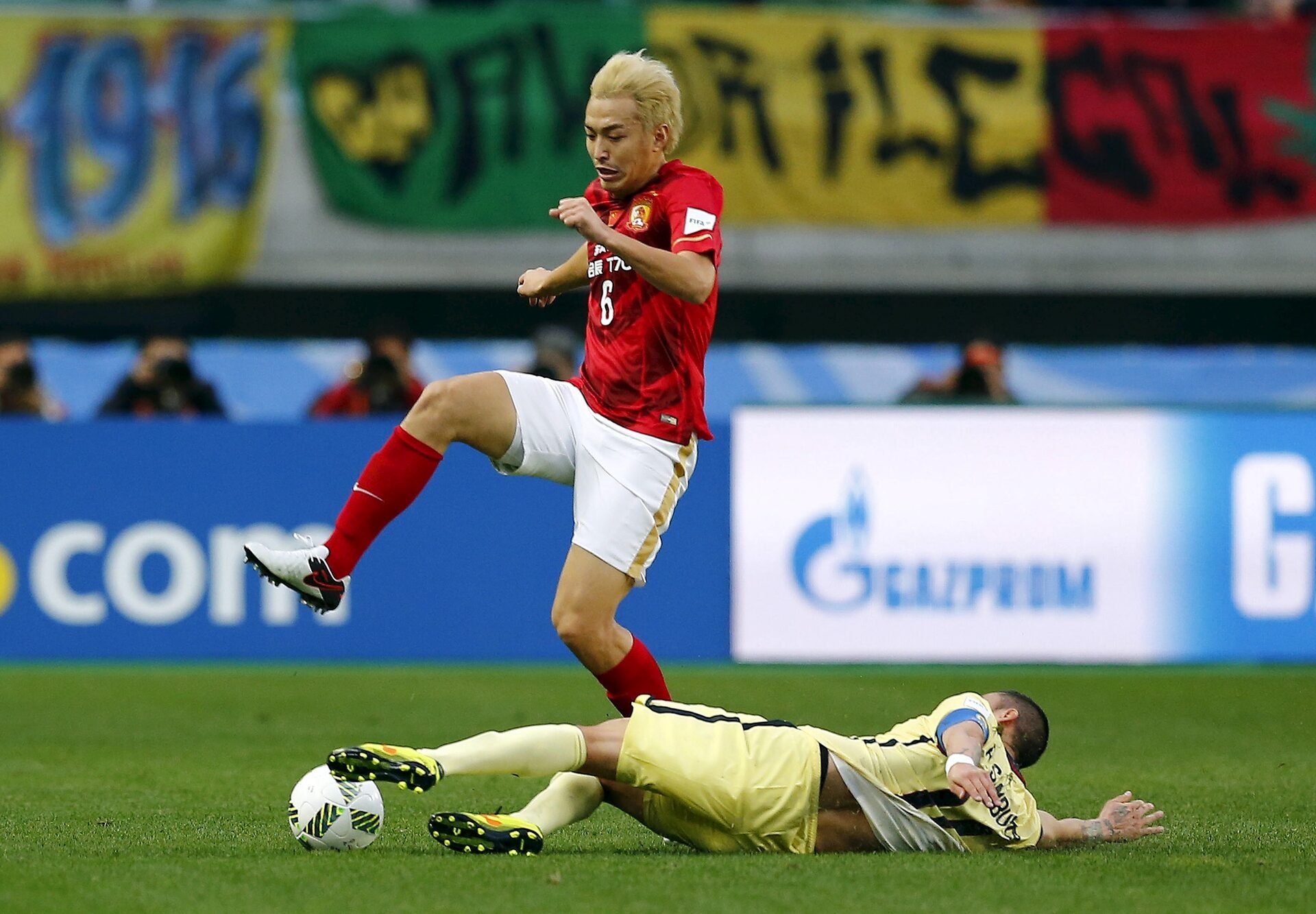 |
Chinese football is still struggling to find a way out. |
Guangzhou Evergrande, once an icon of Chinese football, has also failed to maintain its success. Despite being sponsored by the Evergrande Group, the team faced major financial difficulties when its parent company went bankrupt, becoming one of the symbols of China's real estate crisis.
Other issues
In addition to systemic and investment factors, another important factor leading to the failure of Chinese football is corruption. Chinese football is not short of corruption stories. Former head coach of the men's team, Li Tie, admitted in a documentary that he had fixed matches and paid bribes to become a coach. The film caused a stir, as a series of football officials were brought to light with serious acts of corruption.
This partly explains why Chinese football has failed to develop despite having all the resources to do so. Corruption not only ruins football, but also severely undermines fans’ trust in the system.
The Chinese football dream was once nurtured by a strong system, but was eventually destroyed by corruption, lack of discipline and a dysfunctional system. Although China could become a powerhouse in many fields, football remains a dream that has never come true.
With the failure of the 2026 World Cup qualifiers, the hope of a golden generation of Chinese football seems increasingly distant. In contrast to Japan’s prosperity, the Chinese team still faces numerous difficulties. Chinese fans may have to continue to wait, but will their football dreams ever come true? Only time will tell.
Source: https://znews.vn/giac-mo-bong-da-trung-quoc-tan-vo-post1541194.html






![[Photo] Prime Minister Pham Minh Chinh chairs meeting to remove difficulties for projects](https://vstatic.vietnam.vn/vietnam/resource/IMAGE/2025/3/30/7d354a396d4e4699adc2ccc0d44fbd4f)














![[Photo] Prime Minister Pham Minh Chinh chairs meeting to urge highway projects](https://vstatic.vietnam.vn/vietnam/resource/IMAGE/2025/3/29/6a3e175f69ea45f8bfc3c272cde3e27a)



































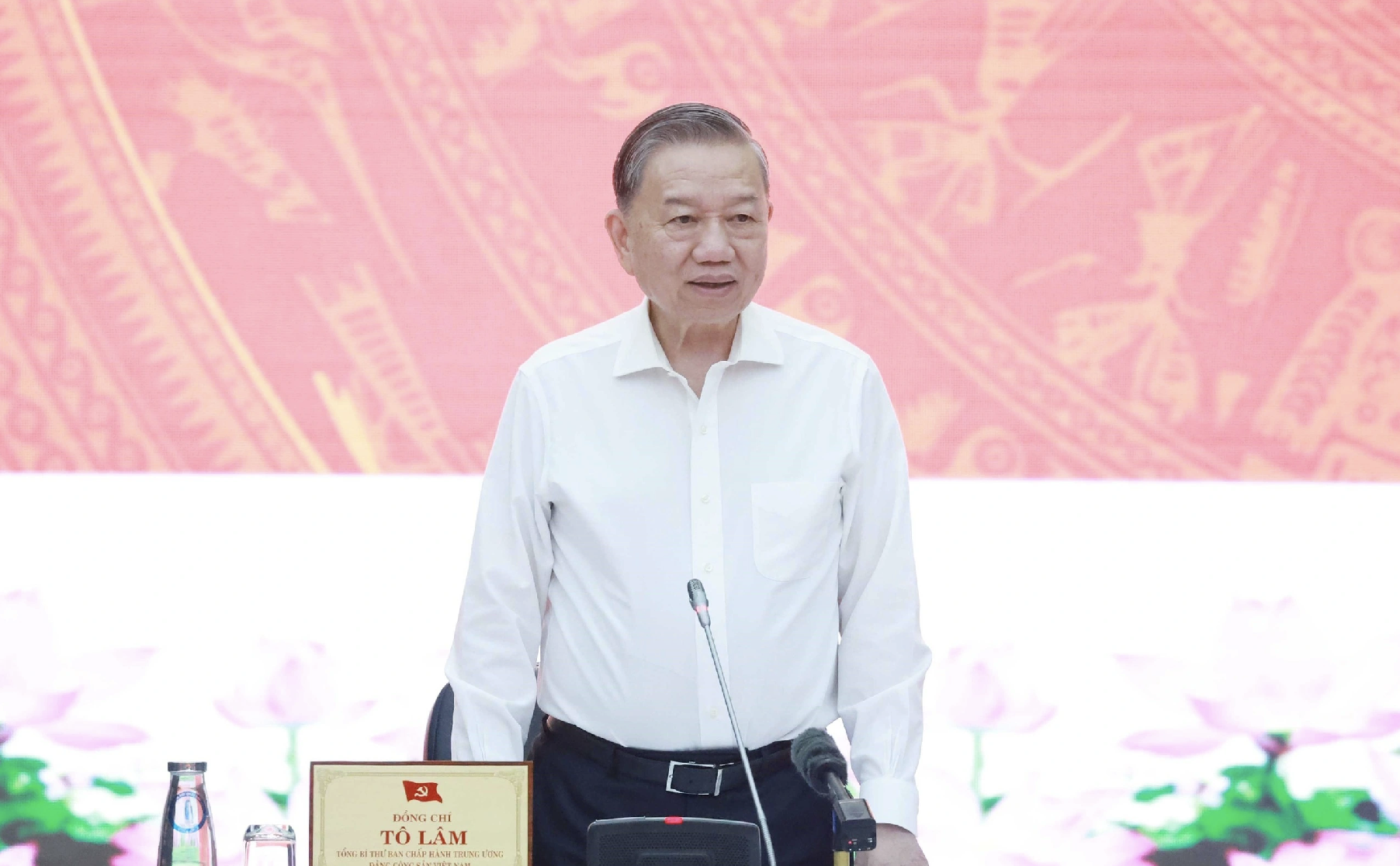













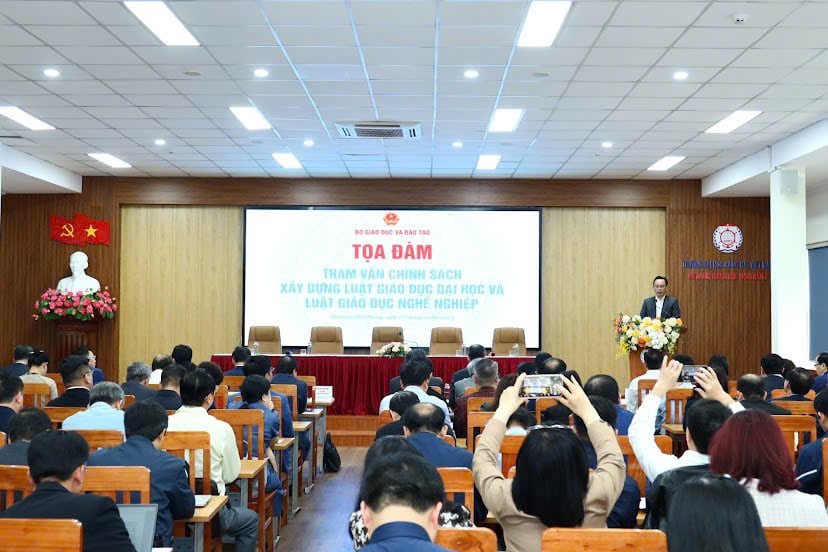







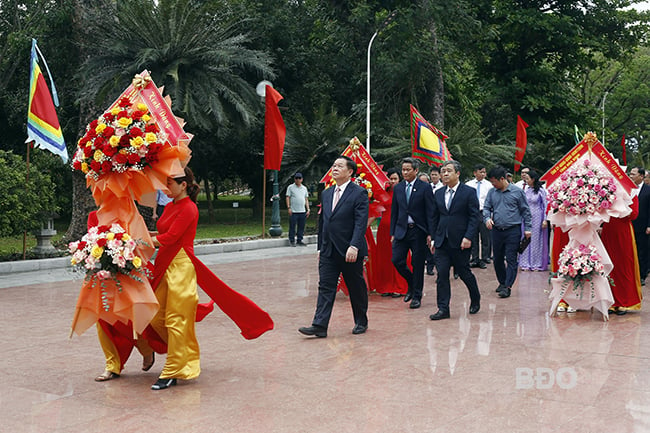
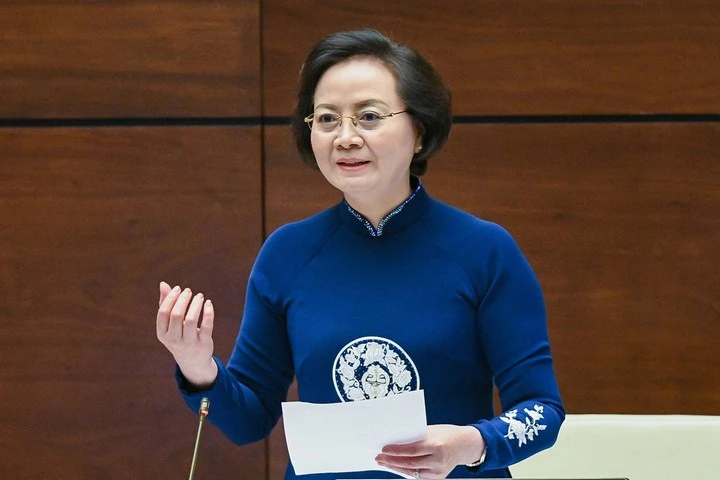



![[REVIEW OCOP] An Lanh Huong Vet Yen Cat](https://vstatic.vietnam.vn/vietnam/resource/IMAGE/2025/3/27/c25032328e9a47be9991d5be7c0cad8c)








Comment (0)